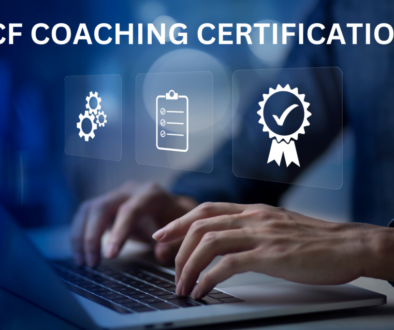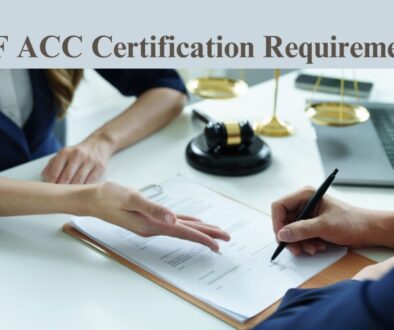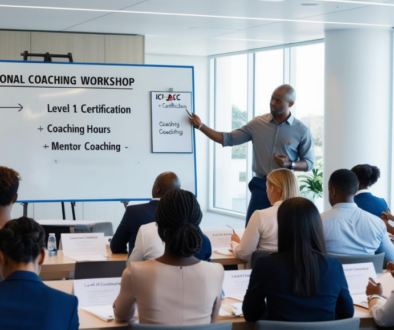5 Essential Skills Every Associate Certified Coach Must Have
The International Coach Federation (ICF) Associate Certified Coach (ACC) certification is a prestigious credential that requires essential skills. Aspiring coaches pursuing ICF ACC certification must develop and demonstrate these key competencies to excel in their profession. The five essential skills every Associate Certified Coach must have are vital for success in the coaching industry. Understanding and mastering these skills is crucial for obtaining ICF Level 1 certification and excelling as an Associate Certified Coach. In the following sections, we will delve into these critical competencies and skills, explore ways to develop them, and provide real-life examples to illustrate their importance in coaching. Whether preparing for ICF ACC certification or aiming to enhance your coaching abilities, acquiring these essential skills will be instrumental in your professional development as a coach.

Key competencies and skills needed.
When looking for a professional with the key competencies and skills needed, it’s essential to consider individuals with an Associate Certified Coach accreditation from the International Coaching Federation. The ICF Level 1 certification, or ICF ACC certification, demonstrates a solid foundation in coaching techniques and ethics. This credential signifies that the individual has met the professional coaching competencies established by the ICF.
- Active Listening and Powerful Questioning:
- Emotional Intelligence and Empathy:
- Emotional Intellegience
- Goal Setting and Action Planning:
- Accountability and Progress Monitoring:
Additionally, a candidate with an ICF Level 1 certification has demonstrated an understanding of the core coaching skills and the ICF’s standards of conduct. This certification assures employers that the individual has undergone specific training and evaluation to provide professional coaching services.
Hence, when seeking a candidate with the key competencies and skills needed, prioritizing those with an ICF ACC Credential can ensure that the individual possesses the essential coaching competencies and skills required for the role.
How to develop these skills.
It is essential to focus on specific areas to develop the skills required to become an ICF Associate Certified Coach (ACC) and attain the ICF Level 1 (ICF-ACC) Education. Firstly, a thorough understanding of the ICF’s core competencies is crucial. These competencies include but are not limited to active listening, powerful questioning, direct communication, and creating awareness. Engaging in coach-specific training programs that align with ICF standards and requirements is highly recommended. Utilizing mentor coaching and supervision to enhance coaching skills and receive constructive feedback is also beneficial.
Additionally, it is crucial to participate in ongoing professional development and engage in continuous coaching practice. This helps in honing coaching techniques and further developing the skills needed to meet the ICF ACC certification requirements.
Seeking mentorship from experienced ICF credentialed coaches and participating in ICF-accredited programs are effective ways to prepare for the ICF Level 1 education. These steps and a commitment to continuous improvement in coaching practice will significantly contribute to meeting ICF ACC Credential





